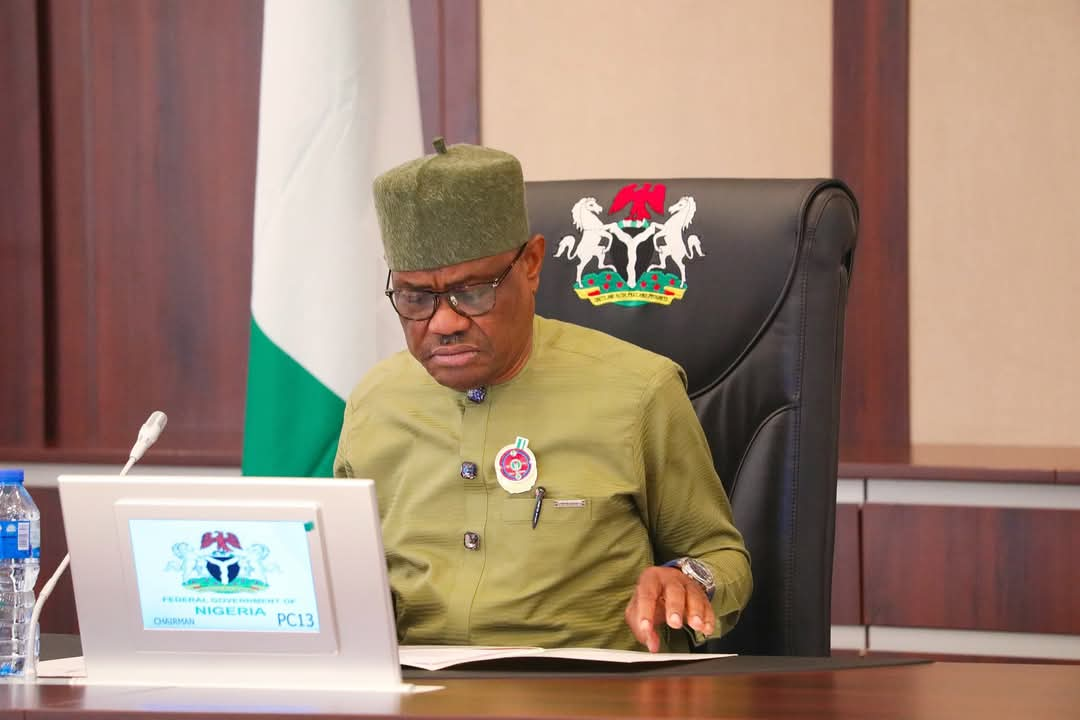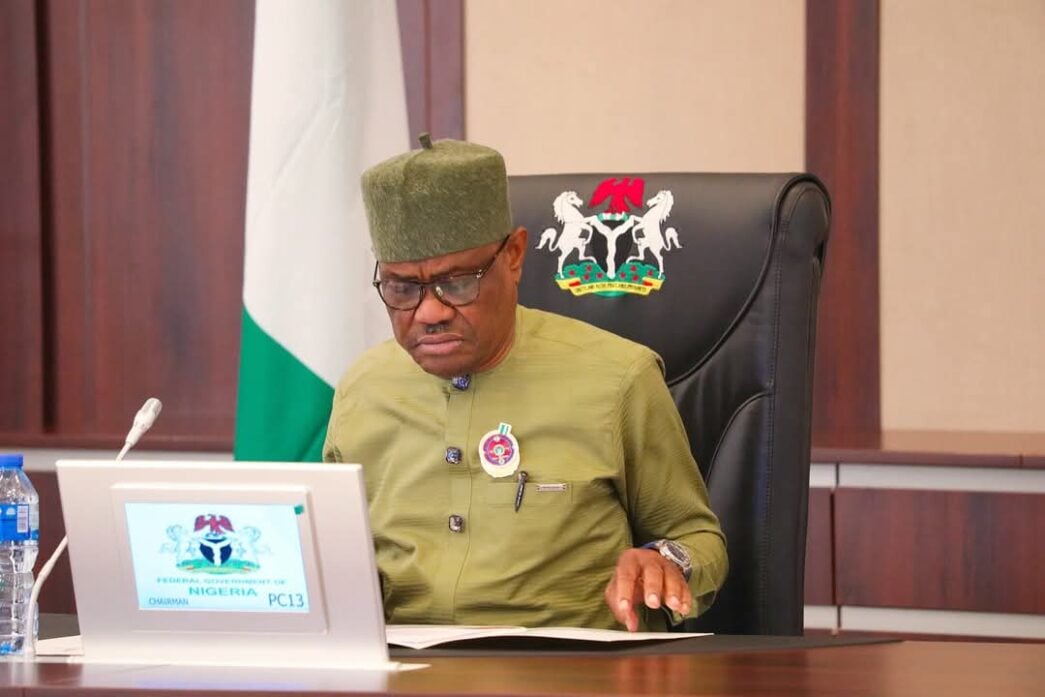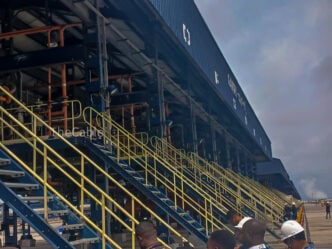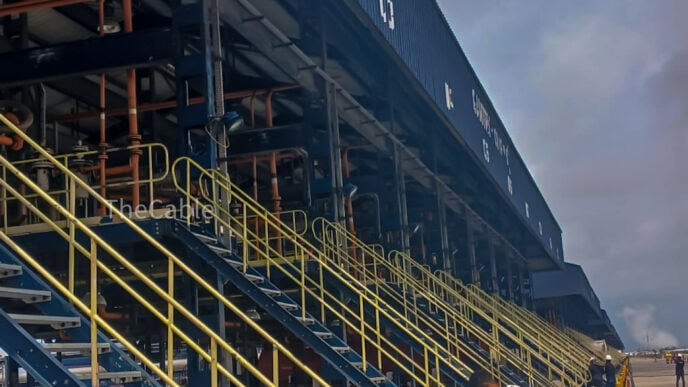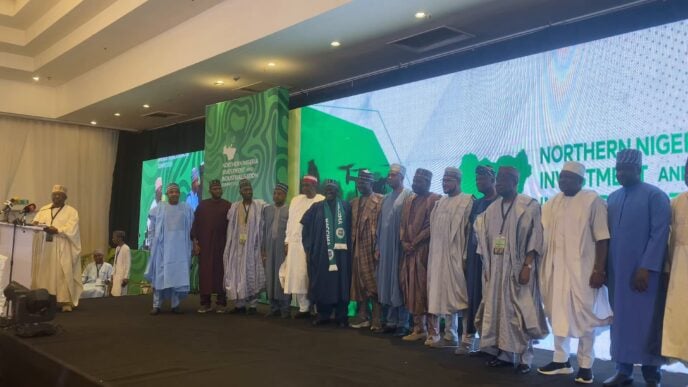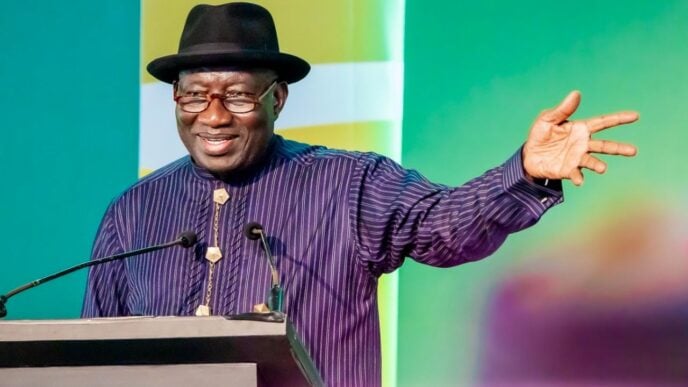Nyesom Wike, FCT minister
BY MICHAEL ADIGBO
As a security consultant who has studied the troubling evolution of insecurity across Nigeria, I find it deeply worrisome that Nyesom Wike, the minister of the federal capital territory, continues to dismiss the obvious security crisis in Abuja. His repeated denial of what is glaring to residents and security experts alike is not only unhelpful but dangerous.
The truth is that Abuja is not insulated from the wave of insecurity sweeping across the north-central region. From Niger to Nasarawa and Kogi to Benue, criminal gangs have unleashed violence through kidnappings, banditry, and armed robbery. It is only natural that some of these criminal elements find their way into the FCT. Abuja, as the capital, is a magnet — and unfortunately, that includes attracting criminals.
Residents do not need official statements to know the city is under threat. Families who have lost loved ones to kidnappers, commuters who have fallen victim to “one chance” criminals, and communities repeatedly raided by armed gangs know it too well. Recent reports of violent crimes, including armed robbery near the minister’s own home in Asokoro, make it clear that Abuja is not as safe as Wike claims.
Advertisement
When the minister says Abuja is secure, he is engaging in politics, not speaking from fact. Security cannot be improved by rhetoric. It is improved by acknowledging threats, developing intelligence, supporting security agencies, and deploying resources to vulnerable communities. Pretending that all is well only emboldens criminals while leaving citizens in fear.
The primary duty of the FCT minister is the protection of lives and property. Roads, bridges, and other infrastructure are important; no one disputes that, but they mean little when people cannot move around freely without the fear of abduction or violent attacks. Development cannot thrive in an atmosphere of insecurity, no matter how many contracts are awarded or projects commissioned.
Wike must take a cue from the wider security picture in the north-central. Across the region, criminal networks exploit porous borders, weak intelligence coordination, and under-policed communities. Abuja is not immune. In fact, it is more vulnerable because of its economic importance and symbolism as Nigeria’s capital. Denying this reality is irresponsible.
Advertisement
I strongly urge the minister to abandon political soundbites and confront this crisis with the seriousness it deserves. He must invest in stronger intelligence gathering, support the police and other security agencies, and work with neighbouring states to prevent the inflow of criminal elements. He should listen to residents who live in daily fear, rather than dismiss their concerns.
Abuja’s safety cannot be built on denial. It requires decisive action, honesty, and a commitment to protect the very lives that give meaning to the city’s existence as Nigeria’s capital.
Adigbo, a security consultant, is based in Abuja.
Advertisement
Views expressed by contributors are strictly personal and not of TheCable.
